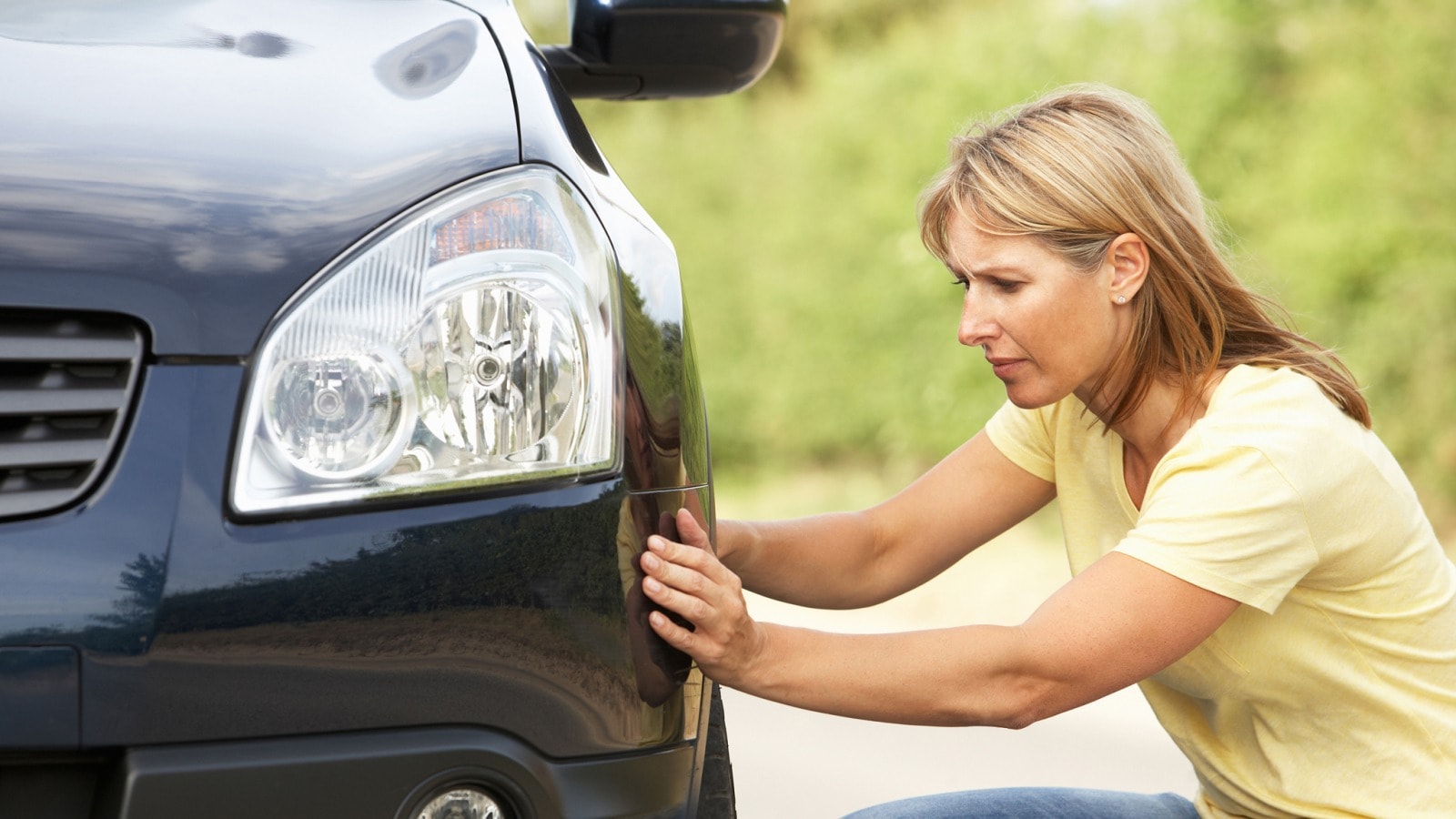How Old - and Dangerous - Are Your Tires? | Edmunds
 Edmunds.com
Member, Administrator, Moderator Posts: 10,316
Edmunds.com
Member, Administrator, Moderator Posts: 10,316
 How Old - and Dangerous - Are Your Tires? | Edmunds
How Old - and Dangerous - Are Your Tires? | Edmunds
People usually rely on a tire's tread depth to determine when to replace it. But tire age is critical, too. A tire that's 6 years old or older isn't safe and should be replaced, regardless of wear.
0

Comments
These are examples, not anecdotes. While you might doubt their motivation, anyone with actual tire expertise strongly recommends replacing any 10 year old tire. In hot climates, or when exposed to sunlight (UV rays) even earlier. No reason to push it with the key safety item on your car.
Don't hide this info because is very important to compare them.
I think that there are more chances for a new tire to have manufacture fault and fail than an old tire that proved to be well build .....
Old tires have three things going against them:
- They have been through many potentially damaging hits, from curbs and potholes. Any damage can worsen over the years and lead to a blowout
- They have been exposed to ozone and UV, which deteriorates the rubber
- And even if neither of the above have happened, rubber ages, dries out, and hardens over the years, making for poorer handling and stopping.
A lose/lose/lose situation
My rule of thumb is that these are okay for putting around, but if I intend to haul max payload, or do high speed driving in very hot weather---then, no, I will either use another vehicle or I will spring for new tires.
But I have no intention of doing heavy hauling or trekking across the burning sands--so I'm good.
But I do keep up tire pressure (low pressure = heat buildup!) and inspect the sidewalls very closely every oil change, when I rotate them. They have lots of tread left on them.
Edmunds Price Checker
Edmunds Lease Calculator
Did you get a good deal? Be sure to come back and share!
Edmunds Moderator
First, belted radials (there isn't another kind!) last a lot longer than the old bias tires - the ones you are referring to. Most tires in that era wore out long before the age of the tire became a problem. Plus speed was not as much of an issue in the 1950's - just as it is not an issue in Cuba.
And it did take a while to find all the peculiarities of radial tires.
Nowadays, cars are lasting longer, and vehicle maintenance is much more neglected, so old tires are more of an issue than - say - engines that burn so much oil they smoke or bodies that rust out.
And, yes, steel belted radials have a particular failure mode that causes more damage than the old bias tires. But that failure mode can be largely avoided by purchasing H or higher speed rated tires, due to their cap plies (nylon belt overlays). Unfortunately, it is not illegal to buy, sell, or make tires without cap plies, so many people cheap out.
I discovered today that the car I bought in Jan 2019 (2009 Malibu) has tires on it that were manufactured in 2011 and 2015. The car had 41,000 miles.
I'm ok with the 2015 tires, but pretty upset about the 2011s. I only discovered when one gotcpunctured and the tire shop I took it to for repair (20$) said they couldn't legally fix it due to its age, or even inflate any if the others...my only option was new tires (800$).
I'm just curious.
Thanks
Most cars have recommended pressures that are a fraction of that number (less than half).
I can’t imagine any scenario where you would put even the maximum sidewall pressure in a tire, let alone a multiple of that amount.
Edmunds Price Checker
Edmunds Lease Calculator
Did you get a good deal? Be sure to come back and share!
Edmunds Moderator